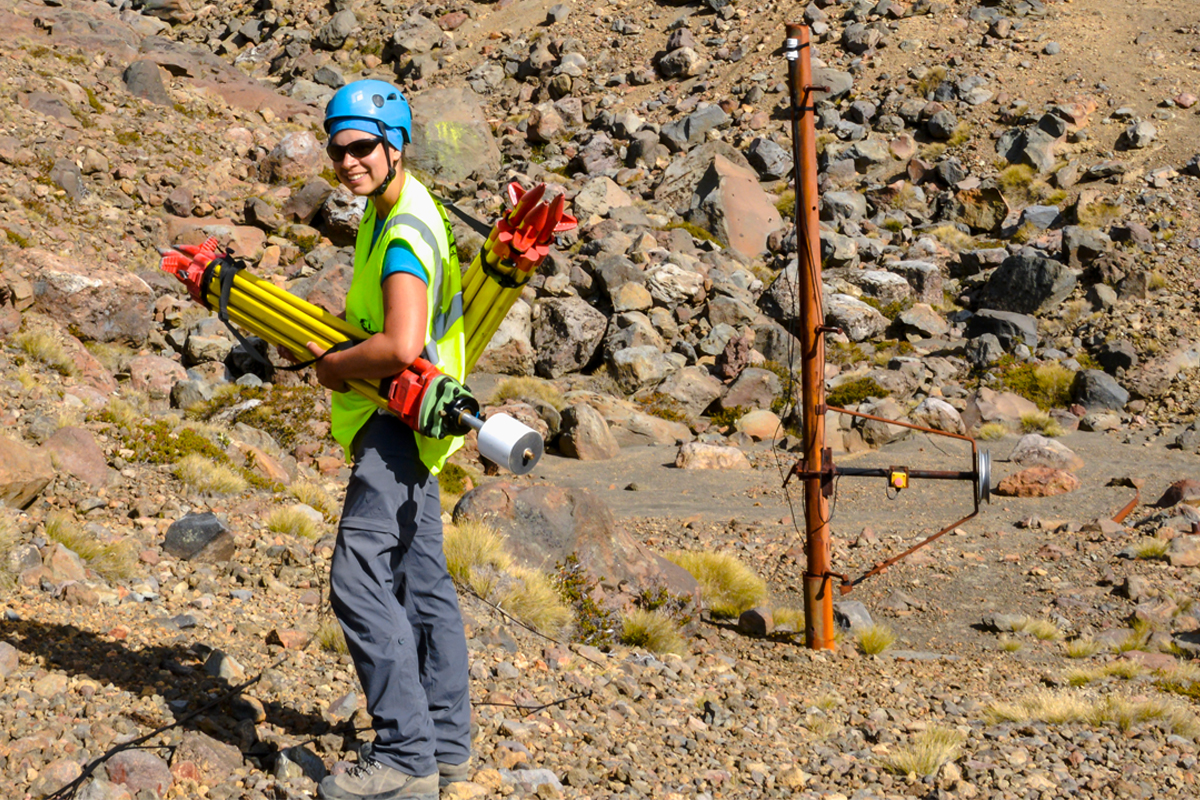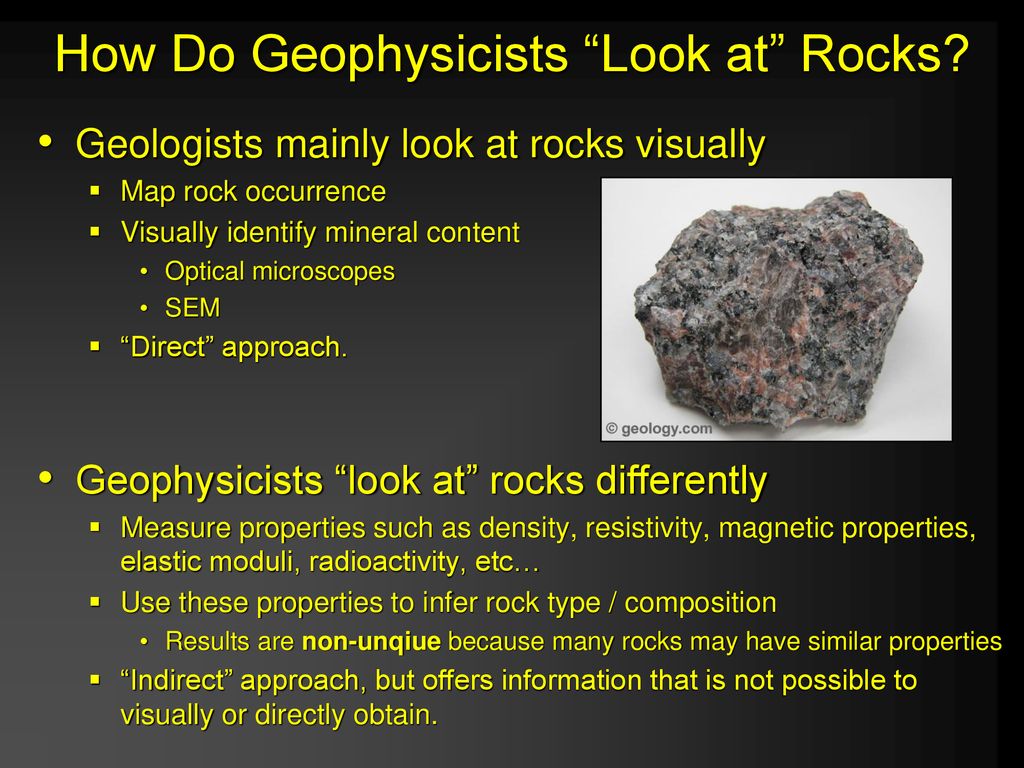All Categories
Featured
Table of Contents
Gravity Geophysical Survey Method in Straffon WA 2022
This work is increasingly contracted out, so consultancies provide another source of work. Consultancy firms vary in size, from really small companies to big multinationals. Some consultancies are quite specialised in using specific geophysical strategies or operating in particular areas, while others offer a more varied variety of services to their customers.
The extraction of gas from garbage dump websites is another location of employment and this may grow in the future. Exploration companies might carry out work for construction companies, public utility, mining business and environmental agencies, so geophysicists may be employed in any of these settings. Other employers consist of: geological surveysgovernment bodies and agenciesuniversities and research study institutes.


Vacancies might be listed in the oil and gas sector press. Recruitment is impacted by oil cost changes and the level of competition for positions differs depending upon this. Careers Days, which cover the full range of geoscience professions and are generally gone to by a variety of crucial industry companies, are run by The Geological Society.
What Does A Geophysicist Do: Duties And Responsibilities in High Wycombe Australia 2022
Some of the large oil and gas companies provide a complete two-year structured training programme throughout the breadth of geophysics, including the chance to experience operate in various groups prior to specialising in one area. Your training might consist of work on: existing wellsmagnetic and gravitational possible field information analysisresearchrock analysis. However, it's more usual for your initial training to be supplied on the job.

There may be a probationary period during which you work together with an experienced associate. Competency-based appraisals occur regularly in many firms. In smaller firms, and for academic posts, there is unlikely to be any official training - you'll be expected to begin work straightaway and select up skills as you go along.
If you work for a smaller sized business, you may find that you require to take obligation for organizing and moneying your own advancement and training. If you have a geology degree, membership of The Geological Society can be helpful for networking and for maintaining to date with the market.
Geophysical Investigations in Alexander Heights Oz 2023
You may also find it helpful to sign up with the PESGB (The Petroleum Exploration Society of Great Britain, which has a geophysics unique interest group. After a probationary duration, and once you have actually gained some experience, you could advance to senior geophysicist, then team leader and then into a senior function in management.
The ease of motion between roles depends on the business structure. Research study at Masters or Ph, D level in a subject associated to geophysics or geosciences might aid with your career development and development. The employment market within the oil and gas market is very reliant on rate and this might affect your chances for career progression.
For knowledgeable geophysicists, freelance consultancy uses a great route for profession development. As a geophysicist, you're most likely to have numerous tasks throughout your working life.
Geophysical Survey Equipment - Ground Penetrating Radar in Beaconsfield Western Australia 2022
From geophysics, it's possible to focus on seismology (finishing additional training to become a seismic interpreter) or to move into associated locations such as engineering geology or threat prediction.
Choosing what to study in college is a difficult option. Even if you know that your field of interest lies in science, what program of study is best for you?
The very first action to achieving your goal of ending up being a geophysicist is earning a degree. Even for entry-level positions in the field of geoscience, you'll need a bachelor's degree (a geophysicist college degree) from an accredited college or university. Geophysicists must be able to: analyze rocks, pictures, and other pieces of information conduct research both in the field and in laboratories develop maps and charts of their findings compose reports To achieve all this, students need a specialized education for geophysicist careers.
As stated above, you'll need a bachelor's degree in geoscience or a related discipline, such as a physical science or a natural science, to land an entry-level job. But students can also prepare by majoring in topics like: Biology Chemistry Computer technology Engineering Mathematics Physics The above geophysicist majors use a more generalized method to a single clinical discipline, but a lot of programs need trainees to take several geology course.
Latest Posts
Geophysical Survey In Archaeology in Neerabup Australia 2022
Geophysicists in Glen Forrest WA 2020
Geophysical Survey in Lockridge Oz 2023